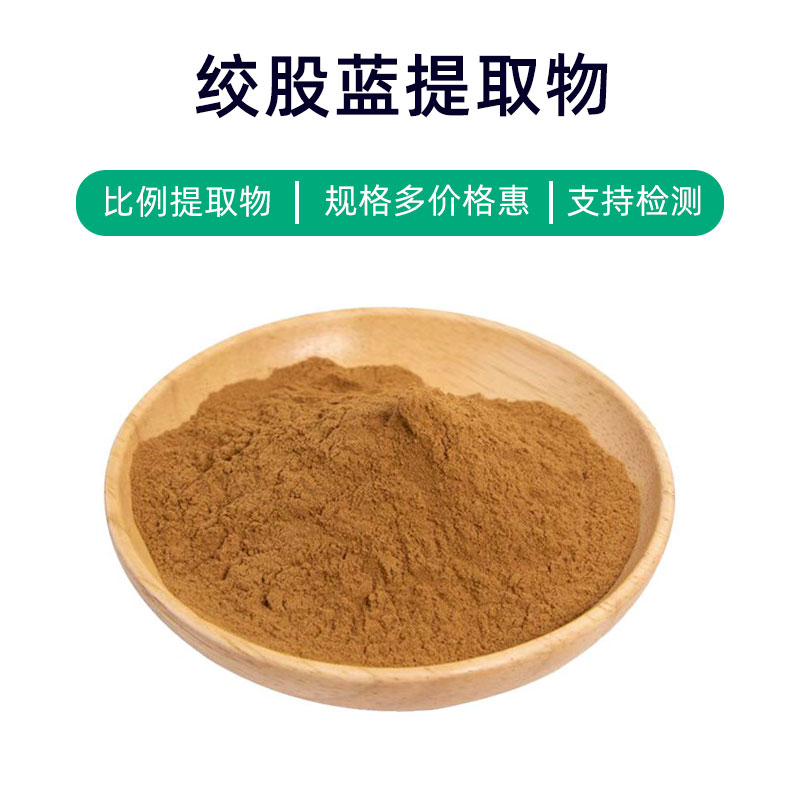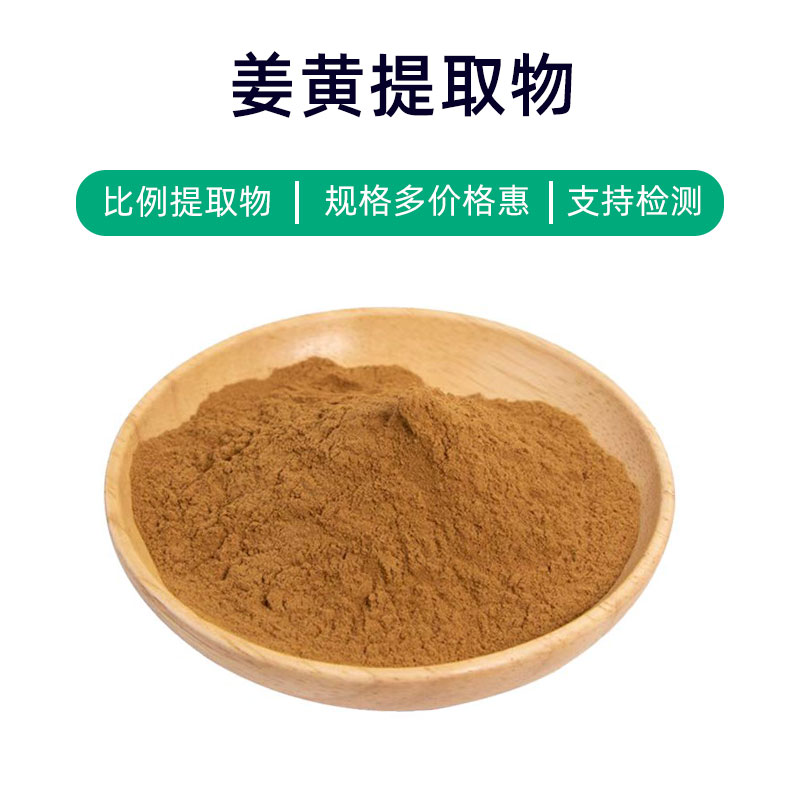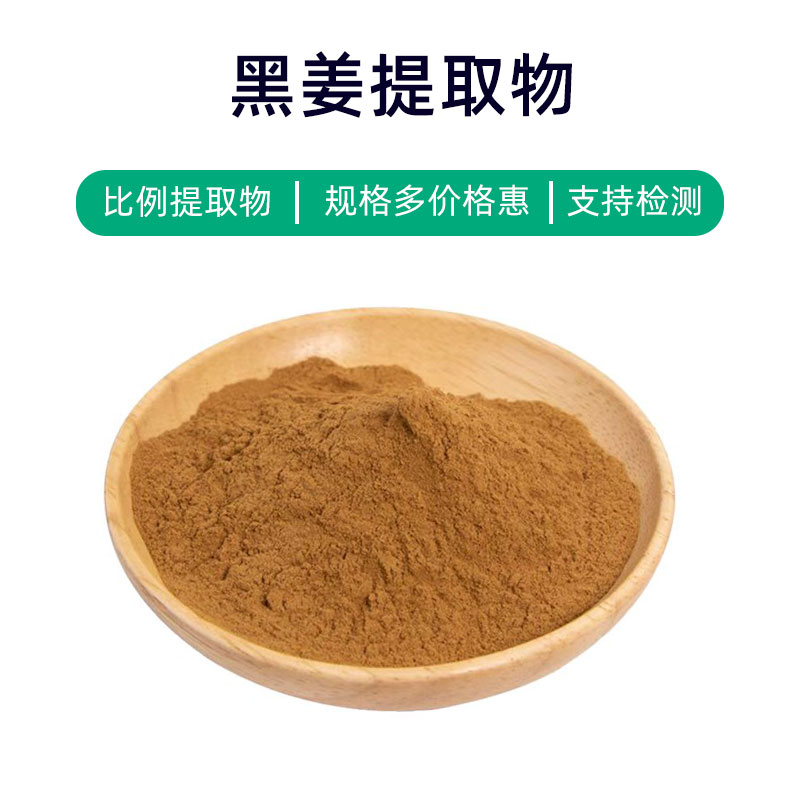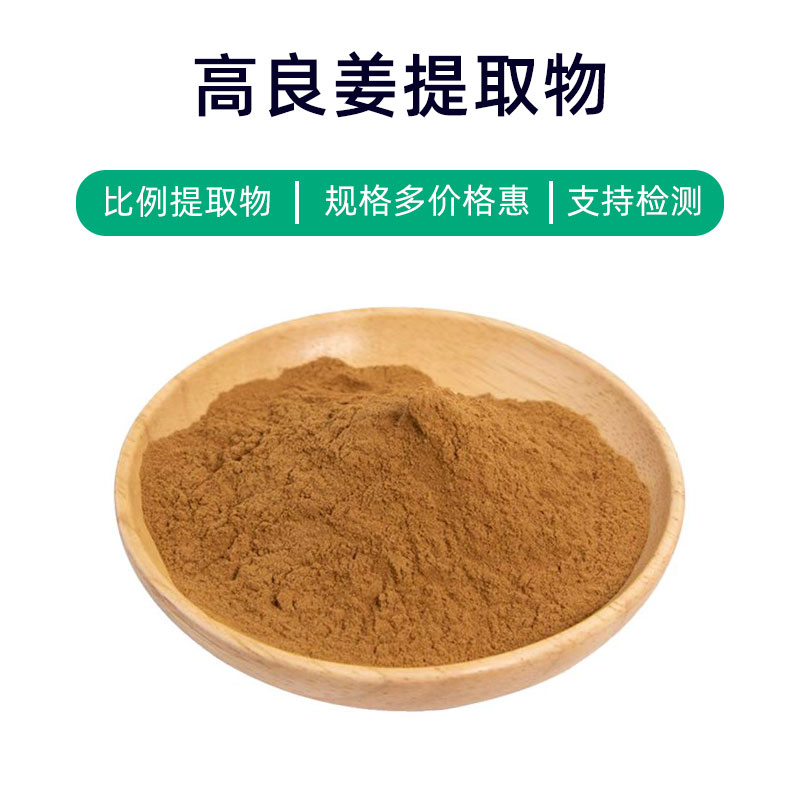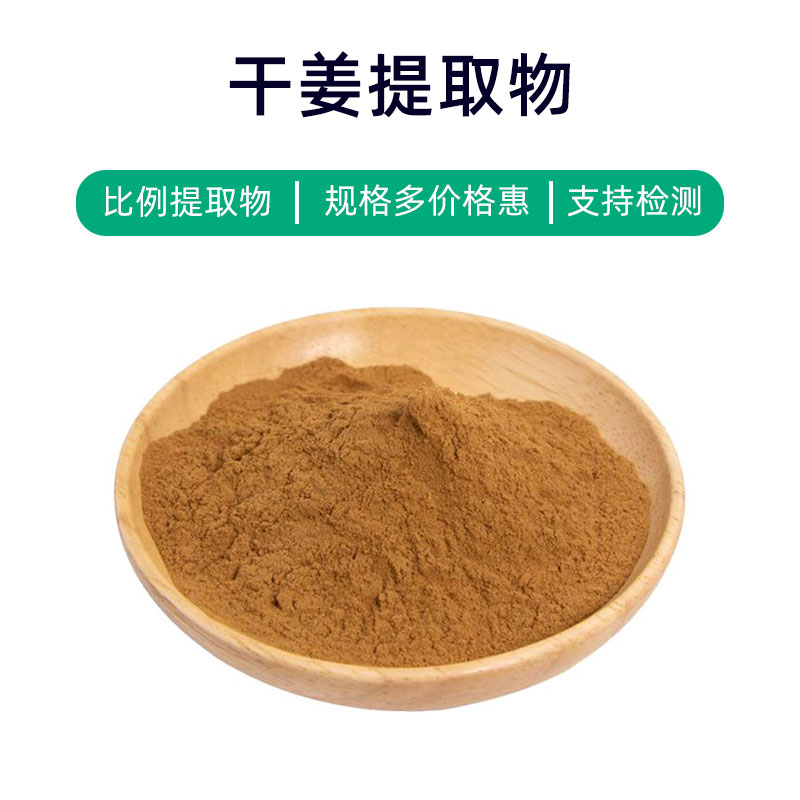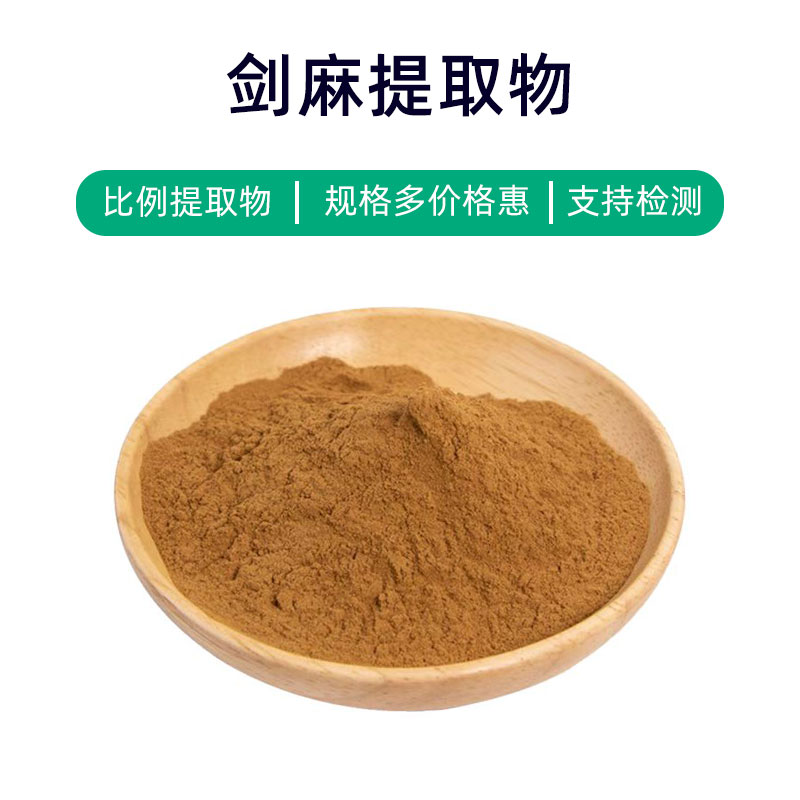Introduction to Polygonatum sibiricum Extract
Polygonatum Extract is a natural plant extract obtained from the Polygonatum sibiricum plant. Its main components include saponins, polysaccharides, and flavonoids. Polygonatum Extract is widely utilized in the fields of medicine, dietary supplements, and cosmetics.
It boasts various benefits, mainly including health enhancement, immune regulation, and skincare effects. Active ingredients such as Polygonatum saponins possess antioxidant, anti-inflammatory, and blood circulation-promoting properties, contributing to improved disease resistance and immune function. Additionally, Polygonatum Extract can moisturize the skin, improve complexion, and slow down skin aging, often found in skincare products.
In the medical field, Polygonatum Extract is used to prepare health supplements and traditional Chinese medicine formulations, often serving as a tonic for liver and kidney health, as well as for replenishing yin and nourishing deficiency. In the food sector, it can also be added as a natural nutritional supplement to various health foods, boosting immunity and resilience. In cosmetics, the extract is commonly incorporated into skincare products, masks, and more, providing hydration and antioxidant protection for the skin.
Overall, Polygonatum Extract serves as a natural plant extract with a variety of benefits and applications, meeting the demands for health, beauty, and wellness.
Production Process of Polygonatum sibiricum Extract
The production process of Polygonatum Extract typically involves the following steps:
- Raw Material Preparation: Select fresh rhizomes of Polygonatum, wash to remove impurities, and then chop or grind into appropriately sized particles.
- Extraction Process: Add the prepared Polygonatum raw material to an appropriate solvent (such as water or ethanol) for extraction. Extraction methods can include soaking, boiling, or ultrasonic extraction to obtain effective components from the Polygonatum.
- Filtration: Pass the extraction liquid through a filter for preliminary filtration to remove solid impurities and large particles, resulting in a clear extract.
- Concentration: Use an evaporator or concentration equipment to remove excess solvent from the extract, concentrating it into Polygonatum Extract.
- Precipitation: Under suitable conditions, such as adjusting temperature or pH, the components of Polygonatum in the extract precipitate out.
- Separation and Purification: Separate the precipitated Polygonatum Extract from the solvent and further purify it through processes like crystallization or gel chromatography to enhance product purity and activity.
- Drying: Dry the purified Polygonatum Extract to remove moisture, resulting in a dry powder.
- Crushing and Packaging: Grind and screen the dried Polygonatum Extract powder to achieve the desired particle size. Finally, package the product into appropriate specifications to ensure quality and shelf life.
This is a general process flow for producing Polygonatum Extract, and specific production techniques may vary based on manufacturer requirements and equipment.
Benefits and Side Effects of Polygonatum sibiricum Extract
As a natural herbal extract, Polygonatum Extract is widely used in traditional Chinese medicine and is increasingly recognized in modern pharmacological research. It has numerous benefits and functions, primarily including:
- Immune Regulation: Polygonatum Extract contains various active components that enhance immune strength, regulate immune system functions, boost resistance, and reduce the frequency of infections and inflammations.
- Antioxidant Effects: The extract is rich in antioxidants such as flavonoids, which can eliminate free radicals, inhibit oxidative reactions, slow down cell aging, and protect cells from oxidative damage.
- Anti-inflammatory Effects: Active components in Polygonatum Extract exhibit significant anti-inflammatory properties, suppressing the release of inflammatory mediators and alleviating inflammatory reactions, offering therapeutic effects for inflammatory diseases.
- Liver Protection: Polygonatum Extract protects the liver, alleviating damage, promoting liver cell repair, and improving liver function, providing auxiliary treatment for conditions like hepatitis and fatty liver disease.
- Blood Sugar Regulation: The active components in Polygonatum Extract can help regulate blood sugar levels and lower blood glucose concentrations, serving as an aid in managing metabolic diseases like diabetes.
- Sleep Improvement: Polygonatum Extract has calming effects that can enhance sleep quality and alleviate insomnia and anxiety related to the nervous system.
- Circulation Promotion: The extract can enhance blood circulation, increase blood flow in microcirculation, and improve systemic blood supply, helping to prevent cardiovascular diseases.
Despite the numerous benefits of Polygonatum Extract, caution is advised in its use as individual differences and overuse may lead to adverse reactions, such as digestive issues, dizziness, and skin allergies. Therefore, it should be used under medical guidance, adhering to proper dosages to avoid adverse effects. Special populations, including pregnant women, nursing mothers, and children, should consult a physician before use.
Application Scenarios and Dosages of Polygonatum sibiricum Extract
Polygonatum Extract has a wide range of applications in medicine, food, and cosmetics. Below are details regarding its usage and recommended dosages in various fields:
- Medical Field:
- Applications: Polygonatum Extract is extensively used in traditional Chinese medicine formulations for body conditioning, immune enhancement, and disease treatment.
- Dosage: Typically taken orally; common dosages are 10-15 grams per serving, decocted in water, taken 2-3 times a day, or as adjusted per medical advice.
- Food Industry:
- Applications: Polygonatum Extract is often used as a food additive in flavorings and health products, contributing to nutritional enhancement, flavoring, and coloring.
- Dosage: Generally depends on the type of food and additive requirements; usage should comply with food safety standards and regulations.
- Cosmetics:
- Applications: Commonly included in cosmetics such as creams, lotions, and masks, Polygonatum Extract provides nourishment, soothing qualities, and antioxidant effects, improving skin texture and delaying aging.
- Dosage: Typically determined based on product formulation; it’s advised to use as directed in product instructions to avoid overuse.
- Precautions:
- While using Polygonatum Extract, individuals should be mindful of differences in tolerances and avoid excessive dosages.
- Pregnant women, nursing mothers, children, and those allergic to Polygonatum should use it cautiously.
- Should any adverse symptoms occur, discontinue use immediately and consult a physician.
Overall, Polygonatum Extract has promising applications in the fields of medicine, food, and cosmetics. Users should follow specific guidelines and product instructions for optimal results.
Introduction to the Source Plant of Polygonatum sibiricum, Its Distribution, and Growth Environment
Polygonatum (Scientific Name: Polygonatum sibiricum) is a perennial herbaceous plant belonging to the lily family and is an important medicinal material with significant health value. Below is a detailed description of the source plant, its distribution, and growth environment:
- Source Plant Description:
- Polygonatum is a perennial herb with thick, tuberous rhizomes that grow underground, typically 20-30 cm long and 1-2 cm in diameter, with a yellow-brown surface featuring irregular knobs and buds.
- The upright stems can reach heights of 20-80 cm and have long, narrow leaves that are usually arranged alternately. The leaf shape ranges from lanceolate to oblanceolate, with smooth surfaces and even margins.
- Distribution:
- Polygonatum is primarily found in northeastern China, North China, Southwest China, East China, Central China, and Northwest China, commonly seen on hillsides, forest edges, grasslands, roadside areas, and field ditches.
- Growth Environment:
- Elevation: Polygonatum can grow at various elevations, generally found between 300-2000 meters but recorded even lower than 300 meters or higher than 2000 meters in some instances.
- Climate Conditions: Preferring a warm and humid climate, Polygonatum has strong adaptability to temperature but is less tolerant to severe cold and drought.
- Habitat Requirements: The ideal environment for its growth is often a damp, shaded forest ground or hillside grassland with loose, fertile, well-drained acidic soil. Although it can grow in a variety of soil types, it thrives best in nutrient-rich soil.
- Light Conditions: Polygonatum is suited to semi-shaded environments, requiring low to moderate light; it cannot tolerate prolonged exposure to full shade or direct sunlight.
Overall, Polygonatum is a perennial herbaceous plant found in many areas of China, typically growing in cool, humid mountainous areas or grassy slopes at elevations between 300-2000 meters, favoring warm and moisture-rich conditions with strong adaptability to soil quality.
Processing and Storage of Polygonatum sibiricum Extract
The processing of Polygonatum Extract generally involves the following steps: first, selection and washing of raw materials, followed by grinding into a powder or cutting into slices. This is followed by solvent extraction or water extraction, and then concentrating, drying, crushing, and packaging. During processing, it is essential to control parameters such as temperature, humidity, and time rigorously to ensure product quality and the preservation of active components. For storage, Polygonatum Extract should be kept in a cool, dry, and ventilated area, protected from direct sunlight and moisture, while also preventing the infiltration of oxygen, moisture, and odors, to extend its shelf life and maintain medicinal efficacy.
Monica Sun is a seasoned expert in the plant extraction industry with over a decade of experience in research and production. She specializes in the extraction and purification of plant active ingredients, focusing on driving innovation in natural product applications. Monica has participated in the development of multiple functional plant extracts, delivering high-value natural raw material solutions for the health food, pharmaceutical, and dietary supplement sectors.









